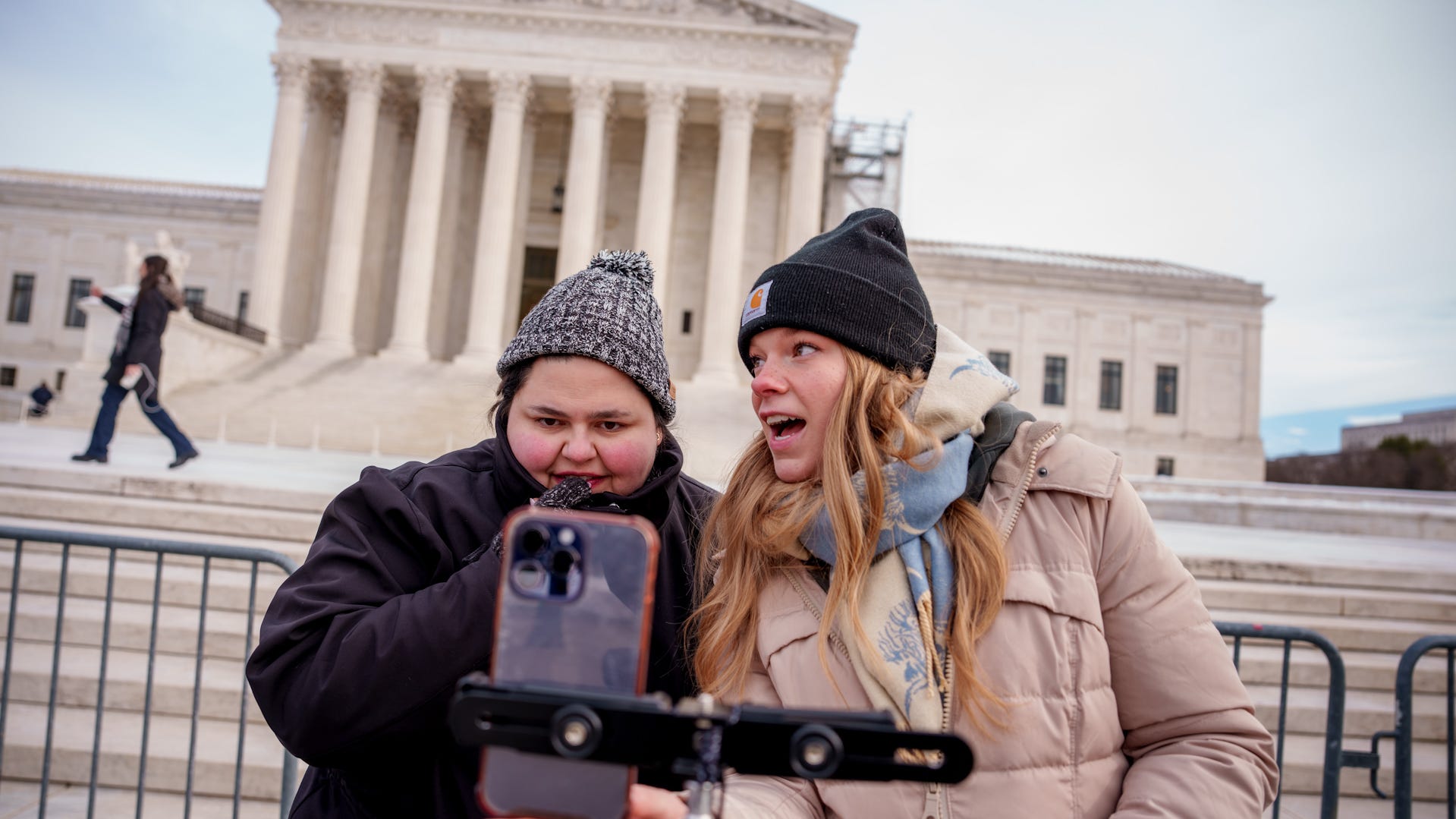Supreme Court ducks copyright battle between GOP firebrand and `Success Kid' family
Former Rep. Steve King argued memes should be held to a more "flexible" test for copyright infringement.

WASHINGTON − Chalk up another win for “Success Kid.”
The Supreme Court on Tuesday declined to get involved in a years-long battle over the use of one of the first – and most popular − viral memes by Steve King, a controversial former congressman from Iowa.
King unsuccessfully argued to the court that memes should be held to a more “flexible” test for copyright infringement.
He also thought the mother of the kid depicted in the meme should have to cover some of his attorney fees since the amount the jury awarded her for winning her suit against King − $750 – was less than his $15,000 settlement offer.
King said Laney Griner had used “lawfare” to single him out after promoting the meme for others’ use because she found him “abhorrent,” incorrectly betting that he would cave because he was tired of being attacked.
“It was to her great surprise that decades of media pressure had not worn away King’s spirit, but rather hardened and honed it,” his lawyers said in a filing.
King – who lost his GOP primary race months after his campaign used the meme in a fundraising request − continued to show that determination in taking his case to the highest court in the land, which rejected his appeal.
The case started in 2020 when King’s campaign committee posted a version of the meme of Griner’s son, an 11-month-old with a determined look on his face, clenching a fistful of sand. The post urged supporters to donate to “make sure the memes keep flowing and the Lefties stay triggered.”
Griner’s attorney told the campaign to take the image down and sued for copyright infringement after King would not agree to pay for the unauthorized use. In addition to its widespread presence on social media, the image had been licensed to many companies, including Coca-Cola, Microsoft and Vitamin Water, for commercial use.
King said his campaign had used the meme “the same ways as billions of others” but Griner thought she could get something out of him.
“Trolls may have an innate sense to detect vulnerability, but not so with character,” his lawyers told the Supreme Court. “King would pay no ransom.”
After King lost an attempt to get the judge to dismiss the case before a jury could rule, however, he offered Griner $15,000.
Griner refused to settle. The jury ruled King’s campaign had innocently infringed Griner’s copyright and awarded the minimum amount of compensation required: $750.
King wanted the Supreme Court to “identify the self-evident principle that one cannot beg for, cheer on, instruct, cajole, and fawn over very public uses of copyrighted content in mass social media, only to demur when someone that she finds `abhorrent’ takes her at her word.”
Griner’s attorneys said the lower courts properly rejected King’s baseless “lawfare” argument and found she’d made a reasonable claim of copyright infringement.
The issue King posed about attorney fees, they also said, “arises remarkably rarely” and is not worthy of the court’s time.